We gather
the best researchers
Who are we and what’s our story?
Hunter Medical Research Institute (HMRI)
We
are researchers
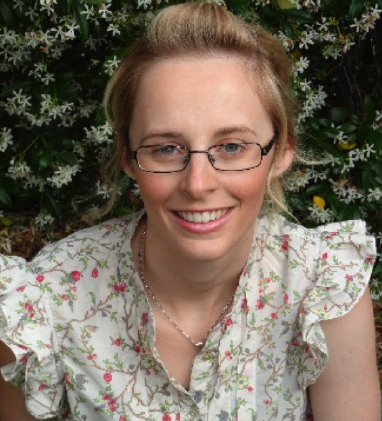
Alix Hall
Doctor
She has experience in longitudinal, cross-sectional, intervention, psychometric and international comparative research studies.
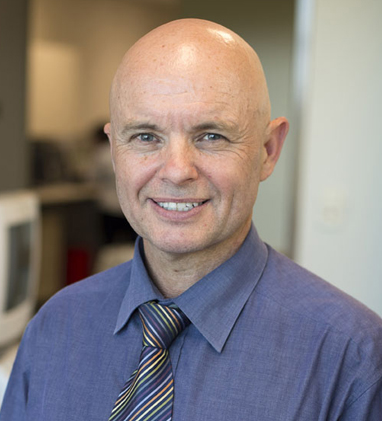
Chris Levi
Professor
covering acute stroke trials, health systems, clinical trials across pre-hospital, acute and stroke recovery, biomarkers and genetics stroke and stroke imaging. which is now one of the leading stroke services nationally and has a broad research portfolio covering acute stroke trials, health systems, clinical trials across pre-hospital, acute and stroke recovery, biomarkers and genetics stroke and stroke imaging. He oversees all research in Hunter New England in partnership with the Hunter Medical Research Institute and the University of Newcastle’s Health and Medical Research management.
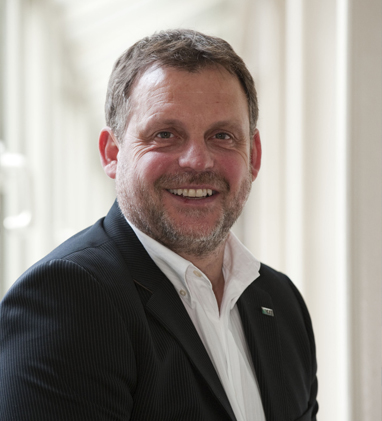
Christof Weinhardt
Professor
Christof Weinhardt graduated in Industrial Engineering and received his Ph.D. in Economics from the University of Karlsruhe (TH) in 1989. Then he focused his research work more on Information System at the Universities of Giessen and Bielefeld. Currently – as full professor - he is director of the Institute for Information Systems and Management (IISM) at the Karlsruhe Institute of Technology (KIT)heading the group “Information and Market Engineering” (IM).
For more than 10 years he was Vice Dean of Research and from 2012-2014 Dean of the Department of Economics and Management at KIT, and from 2010-2014 member of the Strategy and Research Board of KIT. Furthermore, he is founder and director of the Karlsruhe Service Research Institute (KSRI) – the first “Industry on Campus” institution at KIT and director of the Research Center for Information Technology (FZI), the transfer organization of KIT for ICT research.
In 2006 he became member of the Advisory Group of the German Industry Association (BDI) on “Internet of Energy”. Since 2008 he is elected member of the Review Board at DFG(German National Science Foundation) for the section Economics and Business Administration. From 2010-2013 as an expert advisor he joined the Committee of Enquiry “Internet and the Digital Society” of the Federal Parliament of Germany. Beyond that together with his research team he is governing a variety of research projects – both in academia and in industry consortia.
With his academic background in Industrial Engineering, Business Administration, Economics, and Information Systems his research focuses on interdisciplinary topics related to Market Design and Engineering with applications in IT services, energy, finance, and telecommunications markets. In these areas he is chair, co-editor, and reviewer for numerous international journals and conferences, published more than 150 peer reviewed papers and books and received a number of awards for his research and teaching work.

David Cornforth
Doctor
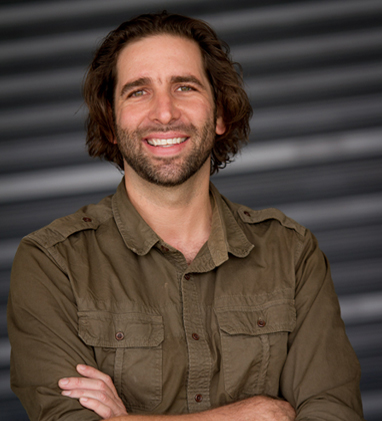
Glyn Thomas
Glen Thomas manages the UX Design Team at nib Health funds. The team is composed of UX Designers and Digital Producers who participate in Cross Functional Agile development teams. Glyn has been designing and building digital products since 1999.
Over this time he has developed skills across customer research, user testing, information architecture, interaction design, visual design and front end coding. This journey has shown him that the best design comes from transparent and rigorous collaboration between a broad spectrum of stakeholders.

Herbert Jelinek
Doctor
He is a honorary Clinical Associate Professor with the Australian School of Advanced Medicine, Macquarie University, Sydney, Australia. Dr Jelinek has been organizing diabetes complications screening projects for over ten years in Australia and internationally and has published widely in ECG signal processing and diabetic retinopathy image analysis as well as data mining applications of biomarkers associated with diabetes disease progression. His current research interests include neurogenetics of diabetes, cognitive decline and biosignal processing. He is a member of the IEEE Biomedical Engineering Society and the Australian Diabetes Association.

Marc Adam
Doctor
In 2011 he received the KIT doctoral award for the best doctoral dissertation in the social sciences at KIT in 2010. From 2010 to 2014 he was an assistant professor in information systems at Karlsruhe Institute of Technology and head of the young investigator group Emotions in Markets. In his research, he investigates how the design of information systems can influence the cognitive and affective processes of human users and how this in turn effects their decision making and behaviour in different contexts, such as electronic markets, risk taking, and emotion regulation. Thereby, he combines psychometric scales with physiological measurements (e.g., heart rate, skin conductance) in order to analyse the interplay of human users’ cognitive and affective processes in human-computer interaction, e.g., when interacting with avatars and other innovative design elements that aim at increasing perceived levels of social interaction. His research has been published in Journal of Management Information Systems (JMIS), Journal of the Association for Information Systems (JMIS), Journal of Retailing (JR), Journal of Interactive Marketing (INTMAR), International Journal of Electronic Commerce (IJEC), Electronic Markets (EM), Economics Letters (ECOLET), International Conference on Information Systems (ICIS), European Conference on Information Systems (ECIS), and others.
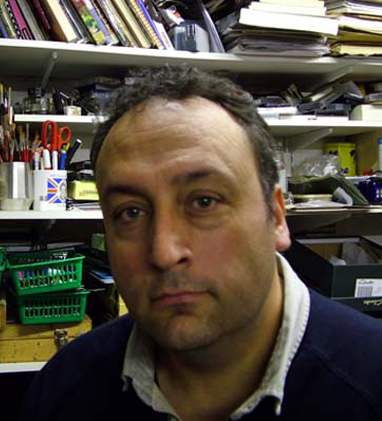
Mario Minichiello
Professor
and pre-television coverage of the House of Commons, including the Guildford Four appeals and Beirut Hostage releases. During his 15 year career he has also worked for the Guardian, The FT, Amnesty International, the Terence Higgins Trust, BBC Enterprises, Longmans, The Times and ITN News. Professor Minichiello's most brazen post was when he worked as an artist during the Afghanistan War. During this time be created the book, The Art Of Conflict?, which is a record of reportage drawings of the war. Professor Minichiello also covered the 2007 APEC Summit in Sydney with a range of drawings published in the Sun Herald. In research, Professor Minichiello is focused on the role of design and visual communication in the areas of climate change, economic betterment and human behaviour. Professor Minichiello says design and visual communication provides solutions to problems, promotes clarity of thinking and encourages creative ideas. Professor Minichiello has received acclaim from many in his industry and beyond. Professor Minichiello's current role is to lead the team of design staff to deliver world class research, as well as prepare the next generation of visual communications students for enriching and successful careers. Since joining the University it hasn't taken Professor Minichiello long to make a name for himself. Minichiello is the man behind the striking range of illustrations for strategic documents such as The Innovator and NeW Directions Strategic Plan 2013-2015. Professor Minichiello is also the Head of the newly formed Hunter Centre for Creative Industries and Technology, a research cluster that brings together representatives from a industry, business, government and the university to develop research breakthroughs and new ways of thinking.
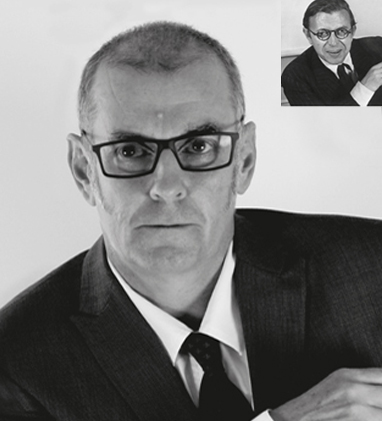
Mark Roxburgh
Associate Professor
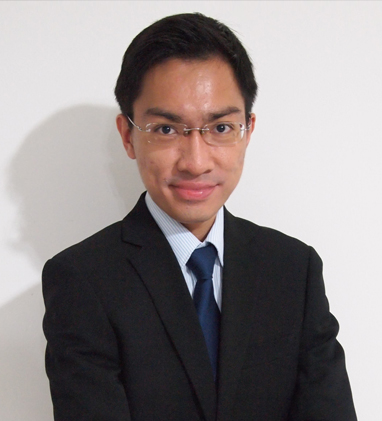
Melvyn Zhang
Doctor
Dr. Melvyn Zhang Weibin is a ST-5 / Registrar with the National HealthGroup (Singapore) Psychiatry Residency program. He has a keen interest in information technology and coupled with his passion in Mental Health, he has been a strong advocate of using technology to enhance mental health’s education, research and treatment.
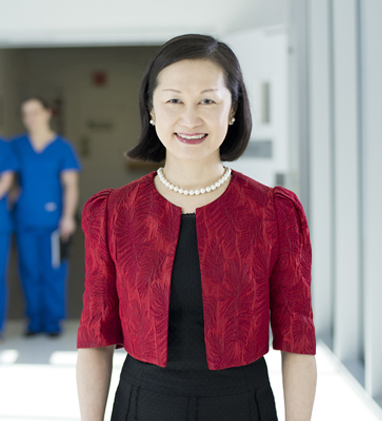
Sally Chan
Professor
The University of Newcastle's Professor Sally Chan believes the human mind is more important than the physical self. It's an approach that has defined
her career in mental health research, which has spanned more than 20 years and seen the nurse educator receive international recognition. Having collaborated
with nursing and health communities worldwide, Professor Chan's research has been influential in healthcare policy and service delivery in Hong Kong,
Singapore and China. Since joining the University of Newcastle in March 2014 as Head of School of Nursing and Midwifery in the Faculty of Health and
Medicine, Professor Chan has forged ahead with her development of innovative, web-based applications.
Her technological solutions are aimed at improving outcomes and accessibility of care for people with schizophrenia, women with post-natal depression and dementia sufferers and their families.
